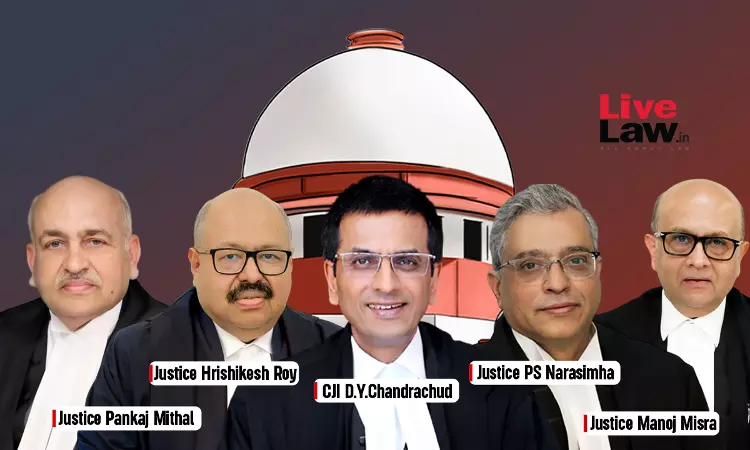The Supreme Court Constitution Bench today (November 7) held that the "rules of the game" cannot be changed midway after the selection process for posts has begun unless the relevant rules expressly permit so.The bench of Chief Justice of India Dr DY Chandrachud, Justice Hrishikesh Roy, Justice PS Narasimha, Justice Pankaj Mithal, and Justice Manoj Misra had reserved its judgment on July...

